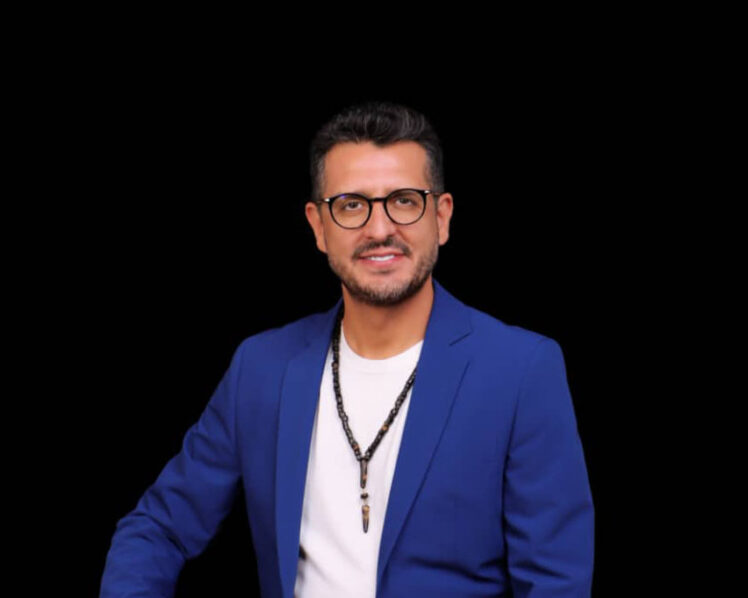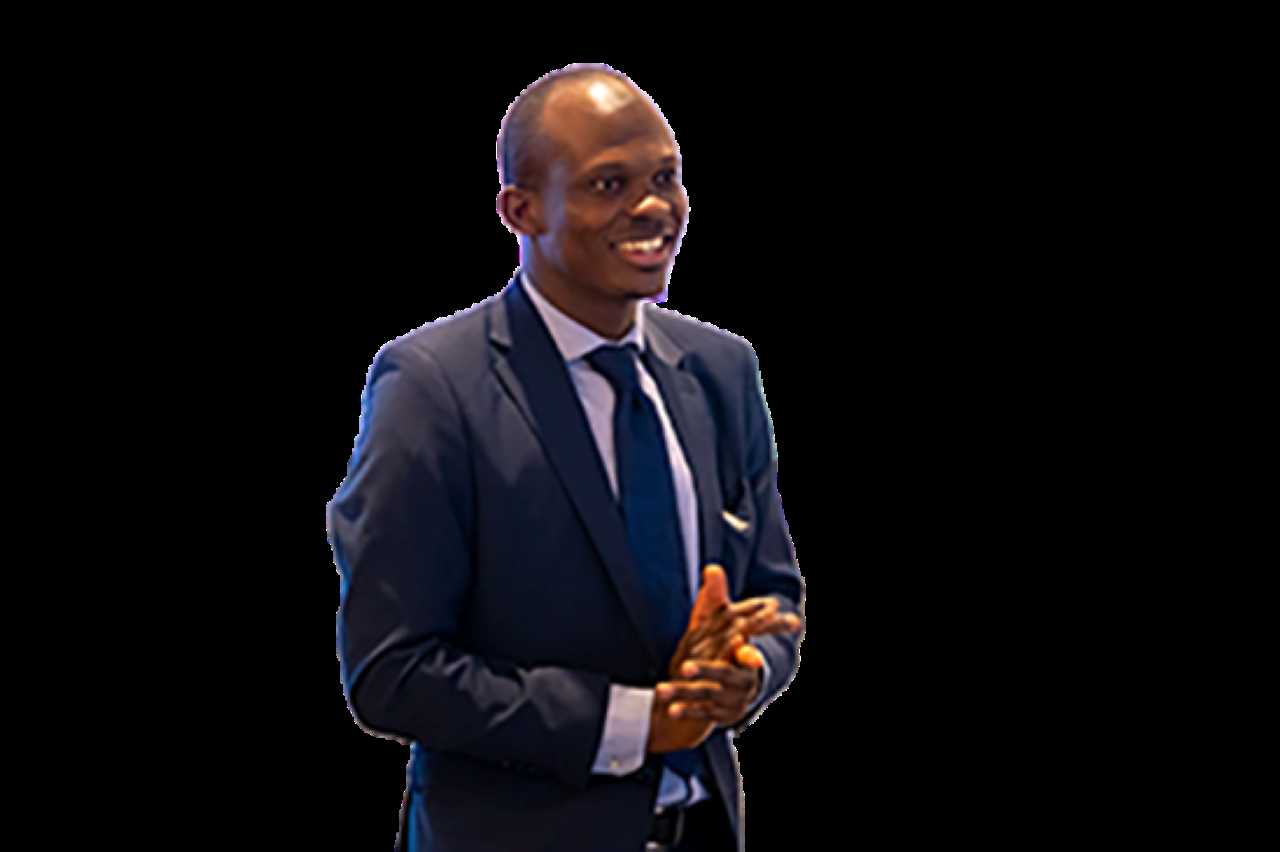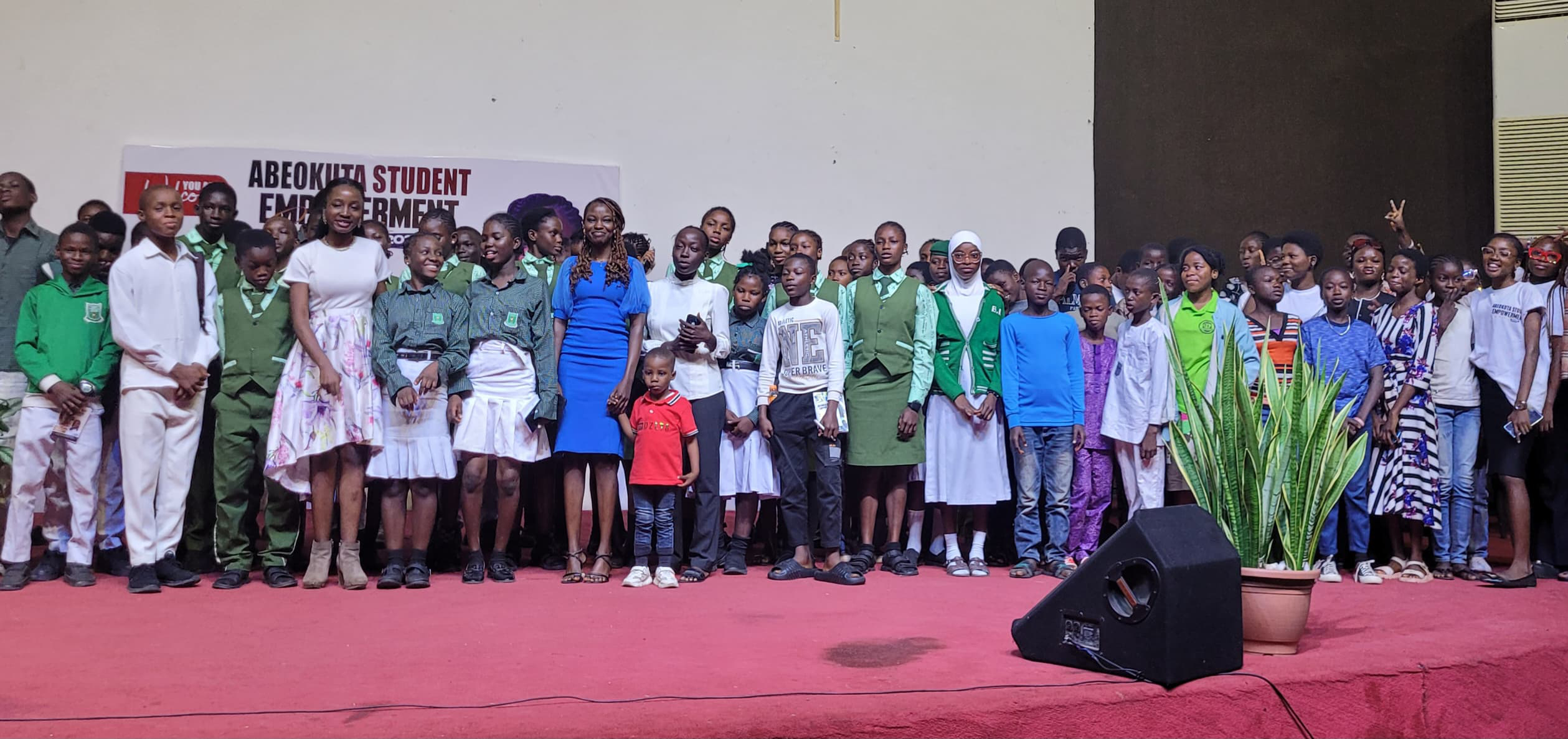
The founder of Vento Furniture, Hasan Yigit, in this interview with OLUDARE RICHARDS, says he built Vento Furniture from scratch in Nigeria following his understanding that Nigerians desire quality and value for money. He also shares insights into his journey in Nigeria and how he built the firm as a wholly Nigerian brand.
Please tell us about Vento Furniture?
Vento Furniture is a premium Nigerian brand that emphasises quality and value for money. It is a brand that was built from scratch. We started very small like most businesses, but armed with a passion to succeed. For that to happen, I developed a tripod of integrity, value for money and efficient after-sales support. You can’t get it wrong when you buy from Vento Furniture because we have painstakingly put in place a mechanism that ensures that standard is maintained in the quality and durability of our products, and guarantees efficient after-sales support.
Can you tell us about your journey in Nigeria?
I was a constant visitor in Nigeria before I established Vento Furniture. I worked for a company in Turkey as an export manager and it allowed me to travel to over 46 countries around the world seeking new businesses for the organisation I worked for at the time. During my visits to Nigeria, I met some outstanding Nigerians including the late Ambassador Ahmed Magaji. In the process, I realised the potential of Nigeria and understood that Nigerians desire quality and value for money. Once you can win their trust with good services and products, they will always patronise you.
The late Ambassador Ahmed Magaji was not only a guide but also a valuable friend and mentor who played a critical role in my coming to Nigeria. His support influenced me to embrace Nigeria as my second home. He introduced me to Hon. Faruk Adamu Aliyu, and they both helped me build a robust social and business network in Nigeria. Unfortunately, Ambassador Ahmed Magaji passed on recently. I am saddened by his death and in his honour, I am working on a hostel project for university students in his home state.
What year did you set up your business in Nigeria?
I opened the first Vento Furniture showroom in 2016 in a plaza in Jabi in Abuja. I combined two shops to make a 250-square-metre showroom. I must confess that it was a tough one at the initial stages because there were already established brands in the furniture market. I also figured that the rational thing to do was to do what others were not doing in terms of customer satisfaction. I ensured that beyond just buying from Vento Furniture, I formed the habit of ensuring that I followed up with my customers to ensure that they were satisfied with my products.
I remember a time I was so upset about not being able to make a customer’s delivery on time that I couldn’t hold back my tears. It was just myself, my wife and a few staff. I was a sales representative, an installer and customer service personnel at the same time. I didn’t have the luxury of sitting in the office. I was everywhere; I attended events, distributed my catalogues, and did all I could do to make my business succeed.
What were some of the challenges you encountered in doing business in Nigeria?
I experienced a lot of challenges. But I wasn’t deterred. I was determined to make my business work. I turned into a researcher. I was constantly studying the dynamics of the Nigerian market. There was a day I came across a book written by Akin Alabi titled ‘How to Sell to Nigerians’. The book contributed immensely to the growth of Vento Furniture. I read the book religiously and practised what the author advocated. And guess what, it worked like magic. It became a must-read for anyone joining the team. I had some very dedicated staff. Some of them are still with Vento Furniture to date. We worked together as a family and the result is what you see today with 15 branches in Abuja, Lagos, Port Harcourt and Kaduna.
What is the current workforce of your organisation?
Today, Vento Furniture boasts close to 300 staff and still counting. But that is not the catch. The catch is that we all work as a family. How was this possible? To get the best from your workforce, you must offer commensurate remuneration for their services. This might sound impossible, but it is not. Most times, it is not all about the monthly take-home pay. I ensure that the organisation offers educational scholarships and other forms of assistance to staff desiring to further their education, especially young girls. This is one area my wife holds dearly.
She directs the CSR department of the organisation. She regularly undertakes visits to the homes of our staff. On such routine visits, where a lack is identified, the CSR department addresses it. This is my mentality on how to get the best out of your workforce. You must meet them at the point of their needs even before they mention it. We also have a general group called Vento Family, where we celebrate achievements, birthdays, childbirths and many more. I am in the group and I use that opportunity to have first-hand knowledge of what is happening around me. I don’t rely on the reports of line managers alone. With this, we are a family and not strangers. This is important in having a vibrant and committed workforce.
The company provides a free meal for staff daily. When it is lunchtime, everybody converges at the dining to eat and afterwards returns to their duty posts. Also, all Vento staff are on various health insurance packages for themselves and their families. I don’t like excuses so I ensured these two necessities of life are provided for all staff regardless of your position in the organisation.
Vento Furniture donated a hostel building to a university. What was the reason for that?
The Adem Baba hostel project was conceived in honour of my father who loves education. It was our little way of addressing the shortage of befitting hostel accommodation for university students. The Adem Baba hostel at the University of Abuja is a pilot scheme. By the grace of God, we plan to build more hostels in public universities in the country. As a fact, we have a CSR department headed by my wife. By the grace of God, we have carried out other CSR projects. We have renovated public schools in rural areas, carried out personal hygiene campaigns in secondary schools, conducted medical outreach programmes, and sponsored events that empower small businesses.
What other plans do you have for CSR projects?
Our CSR department is very active. We attend events and partner with organisations on projects that touch the lives of people. Plans are ongoing to establish a vocational training centre to serve as a feeder system for companies seeking a skilled workforce in the country. This is very critical and a source of concern for me. In the course of doing business, I identified a lack of adequate skilled manpower. What I did was recruit unskilled workers and train them to be skilled and useful to themselves. The idea is also to empower young Nigerians with vocational skills, which I see as a contribution to nation-building.
How much faith do you have in Nigeria as a country?
Nigeria is a unique country. Its potential is enormous. The simple trick is that once you give quality and uphold integrity in your business, you will record success. This is the philosophy of Vento Furniture. I don’t compromise on quality and efficient after-sales support. Anyone who purchases from us automatically becomes a family. We keep important dates of our customers, such as birthdays, anniversaries and when necessary we attend private events of our customers.
I am a full and proud Nigerian. Everything about me is in Nigeria. I live in Nigeria with my family. My parents also live here with me. All my businesses are in Nigeria. When I say I am passionate about Nigeria, I mean every word of it. Whatever monies I make in Nigeria, I reinvest in the country because I and my wife are Nigerian citizens. My parents have taken Nigeria as their second home and are fully resident here.
What roadmap do you envision for Vento Furniture in the coming years?
I want to maintain certain standards in terms of quality and institutionalisation in Nigeria. I believe that institutionalisation is essential for sustaining a brand. To achieve this, I adopted a meticulous approach at all stages, from employee loyalty to production and packaging processes, and after-sales services. I plan to make Vento Furniture a well-known brand across West Africa. We are opening up more branches to bring our array of furniture close to the people. This is cost-intensive, but we are determined in our resolve to ensure that Vento Furniture remains the leading brand in Nigeria and West Africa.






